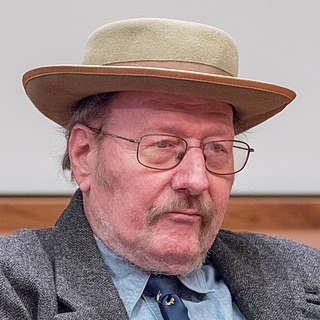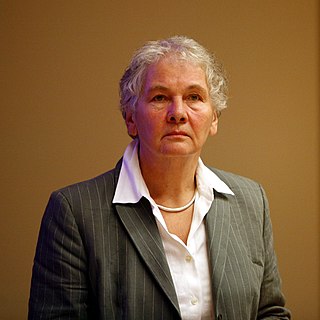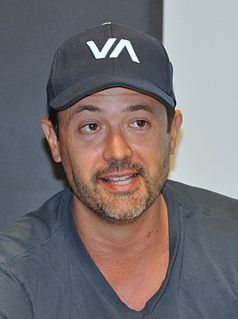A Quote by Jeffrey C. Hall
In my day, you could get a faculty job with zero post-doc papers, as in the case of yours truly; but now, the CV of a successful applicant looks like that of a newly minted full professor from olden times.
Related Quotes
I would say that the Pentagon Papers case of 1971 - in which the government tried to block the 'The New York Times' and 'The Washington Post' and other newspapers from publishing papers that they obtained from a secret study of how we got involved in the war in Vietnam - that is probably the most important case.
Not everybody is talented for doing research. I think many women prefer to look for an easier job after their dissertations because it is very demanding. You have to be mobile. You have to move to different places for your post-doc training. And if you aren't successful, it isn't a very pleasant job, either.
When I was at the University of California at Berkeley, I went to some classes that must have had more than four hundred students in them. I almost always sat in the far back of the auditorium so I could read the newspaper. I remember that I stayed late one day to ask the professor a question, and when I got up to him, all I could think to myself was, 'So this is what the professor looks like.
I was writing full time after quitting a job as a high school English teacher, and I hadn't been able to sell anything, and my bank account was down to zero, and all of my friends were like 'What are you doing in the basement, when are you going to get a real job?', and my parents thought I'd completely lost it.




































